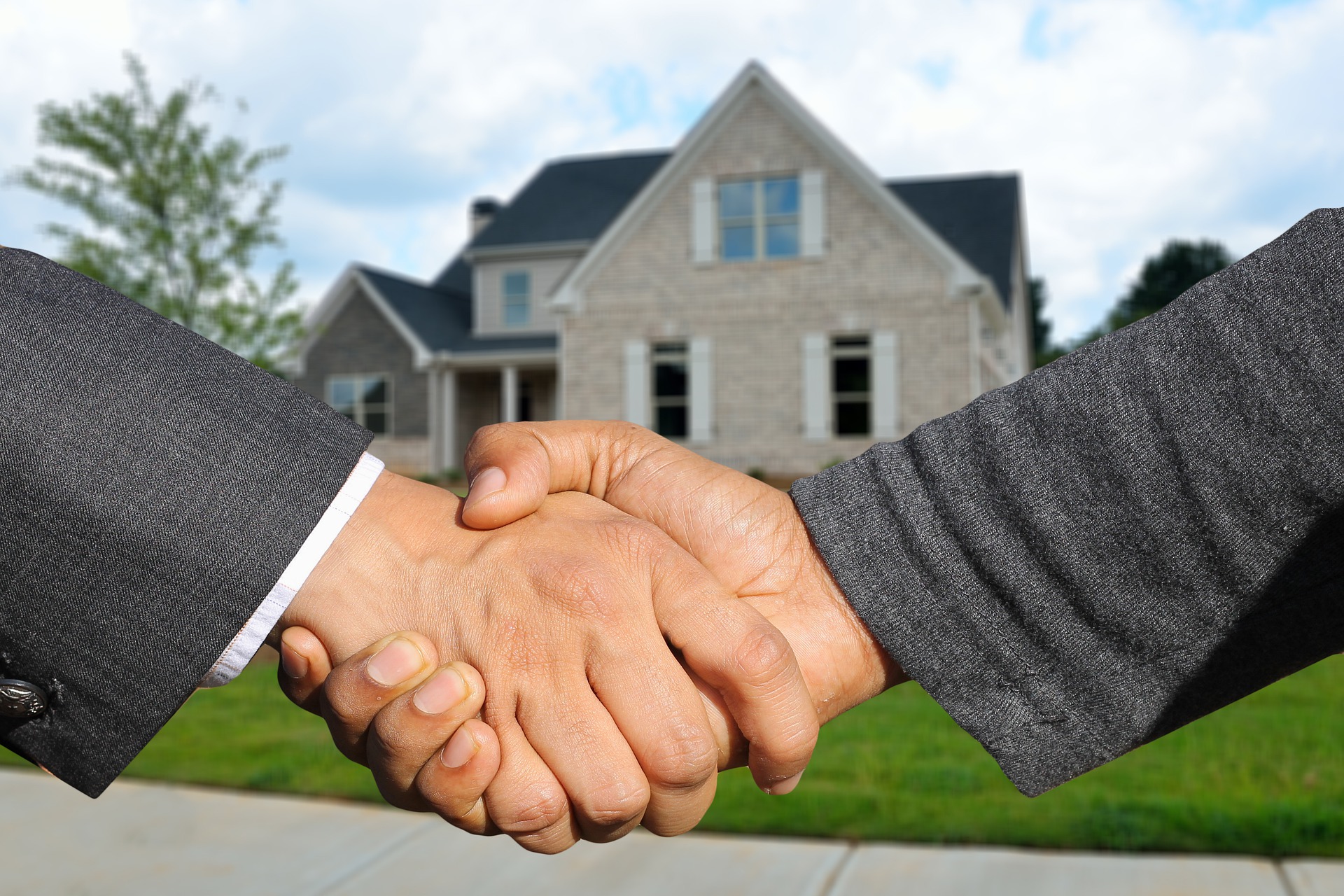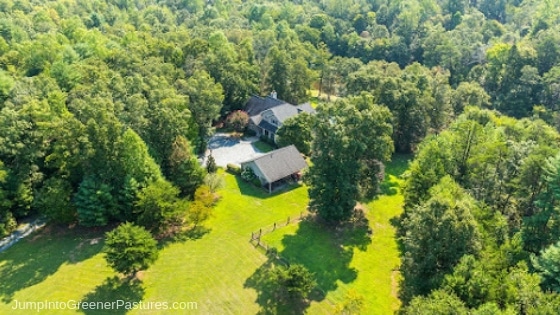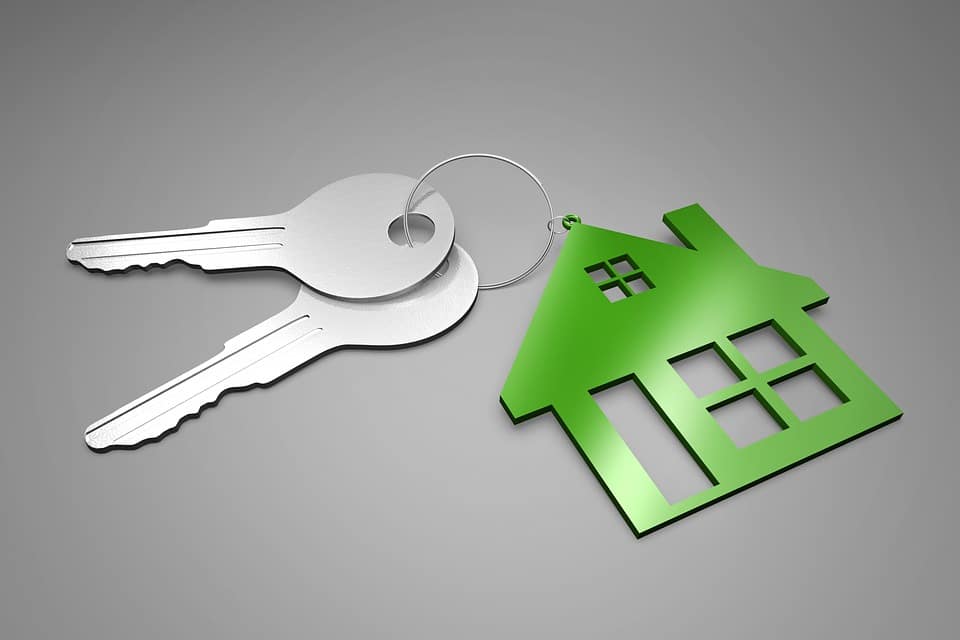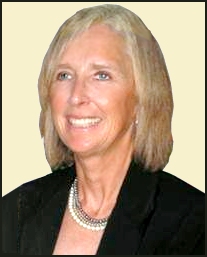You can add value to your country home in Charlottesville by emphasizing the advantages of rural life. The peace of rural areas is important to many people, however having good roads for access to urban areas is a boost. Adequate space for horses and other animals adds value too. The quality of the home and improvements should be optimal. While many appreciate a rustic appearance, modern amenities hold value indoors.
Selling homes in an urban area may be easier than in rural areas. This boils down to more people living in urban areas, thus a larger buyer pool. Modernity appeals to many people. For some folks, though, they want to be among nature, with peace and quiet. For these people, homes in the country are their first choice.
Over half of Virginia’s landmass is rural. There are also over 1 million people living in rural areas in the state. So while urban areas are more populated, rural living is very much in demand. And as a result of the pandemic, an increasing number of people are moving out of the city and into the country. If you’d like to sell your country home in Charlottesville, VA, this is the optimum time to put it on the market.
Before you sell your country house, you want to get as much value as you can. There are things you can do to increase the selling price of your home.
What Can Increase the Value of my Country Home?
Many home improvements can increase the home’s value beyond the price it costs to get them done. Knowing the appropriate ones can turn a good profit. These range from minor renovations to more considerable additions.
- Make all repairs: Ensure that all necessary repairs are complete before selling. You may be able to sell a house with a leaky roof, but it’ll take money out of the asking price. If you fix these deficiencies yourself, you won’t leave money on the table. Be sure electricity and water are in perfect working order. All light switches and power outlets should be functional. Don’t forget to make sure all windows and doors open without any issues. Proper repairs enable you to show the house without any worries. You will know there’s nothing you need to be concerned about! You may even want to have a pre-listing home inspection so that you will know what will be found in a buyer’s inspection and you can take care of those items before your home goes on the market.
- Ensure easy access: Even if you don’t like the bustle of cities, being able to get to town easily is important. As much as you stay within rural confines, you will have causes to go to the city occasionally. Buyers coming for house showings will likely arrive from the city too. Private roads leading to your property should be free of any obstacles, well maintained and easy to navigate. Have your mailbox somewhere prominent and well-labeled. Buyers want to know packages can get to them without stress.
- Get the property looking good: For taking pictures or having a showing, you want the property to look its best. Rural houses can take a lot to maintain, and most buyers know this, but if it looks shabby, they will reconsider whether they should take it on. Don’t add to the work they have to do if they buy. Ensure any grass is freshly mowed, and bushes and trees are presentable. Clean the windows, scrub floorboards, and make the house look pristine. The rustic charm of a country home is one of the major attractions. Take advantage of that, and make it look good before buyers show up. It’s sure to bring more value.
- Market in the strongest season: You can sell a country home in any season, but you need to know which is optimal. A home in Charlottesville with abundant green is best marketed in spring or summer and don’t forget the display of fall color in the background. That way, the trees and shrubbery are as beautiful as can be! The value of a property is higher when its beauty is evident.
- Renovate where necessary: If your country home is relatively aged, it may need some renovations. These can bring modern amenities to the home, in both functionality and appearance. Renovating bathrooms and kitchen space is one of the easiest ways to add value. Most buyers won’t want to do that themselves.
What Are Home Improvements That Don’t Add Value?
Adding renovations may seem like a sure way to increase your country home’s value. Unfortunately, that’s not true for the most part. Some home improvements will not do much to improve value. It’s essential to know which ones do, and which don’t. This will prevent you from spending money on non-profitable upgrades.
These improvements may not increase value, but they can seal the deal from prospects.
- Improving infrastructure: There are many vital parts of a home hidden from sight. This includes water and sewage pipes, as well as electrical wiring. An old house can have older infrastructure in this regard, but upgrading won’t put much money in your pocket. It improves the description of the home, but putting a premium on account of these won’t yield much. However, if these essential features are not up to date, it could deter a potential buyer from making an offer.
- Bedroom renovations: A bedroom is a personal space. Putting your own touches on a bedroom to improve the home’s value can prove far from successful. Most buyers will want to design their bedrooms themselves. So doing it for them won’t add more to your asking price.
- Re-purposing rooms: Changing a spare room into a gym or a theater may seem like a good idea. This is only if the buyer wants exactly that. More often than not, these additions will only frustrate buyers. Sometimes, this means a room that they cannot use. They can re-purpose rooms on their own, if you leave the space for them to decide. In today’s market, rooms become offices or school rooms. Buyers will want flexibility. And with the prevalence of netflicks and streaming, home theaters are no longer popular.
- Swimming pools: Pools can be fun to have, that’s a fact. Unfortunately, installing one is costly, and so is maintaining one. A home with a pre-existing pool can be a tough sell due to maintenance costs, and many buyers consider a pool to be a lot of extra work. There are also safety issues, particularly for families with children. Don’t expect a pool to add value for every buyer.
In the end, these are a few of the elements that can add value to your home. Some are quick to put in place, and others may take some time to complete. Don’t forget decluttering and staging which are both inexpensive ways to add value to your home. It’s important to be practical and consider all the factors when planning to sell. Getting a fantastic agent makes selling a breeze. Pricing, location, and the house itself can determine which improvements you should consider.
In Charlottesville, VA, you’ll want to get an agent familiar with the area and with country homes. This way, you’ll get the greatest value, and a sale before you know it.
Don’t hesitate if you have a country home that you want to sell. Call up Pam Dent, Realtor, at 434-960-0161. Not only will she help you maximize value and get the most profit. She’ll make sure you have your country house sold before you can imagine.














 Pam Dent
Pam Dent